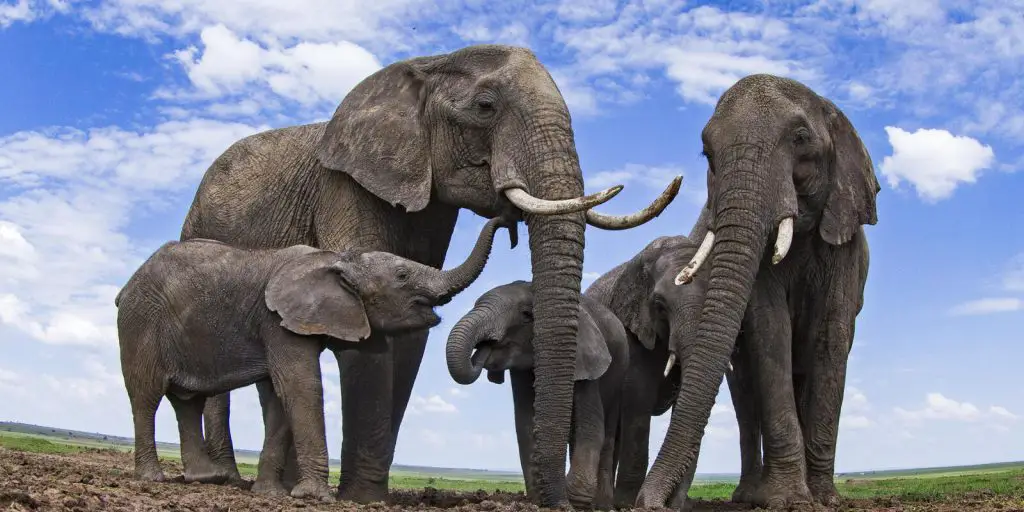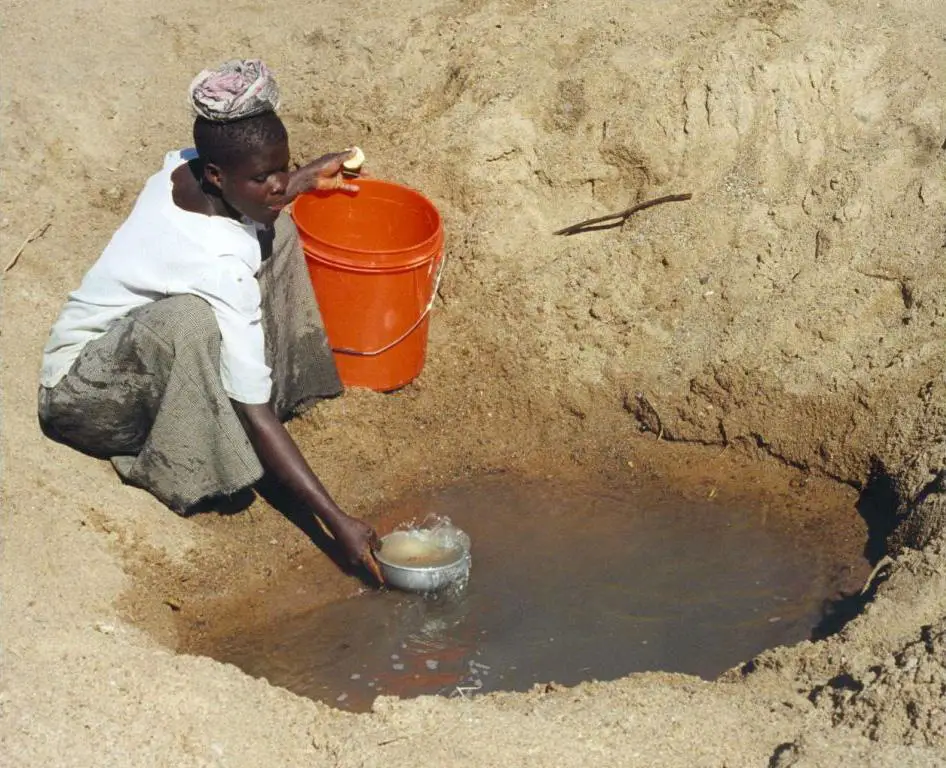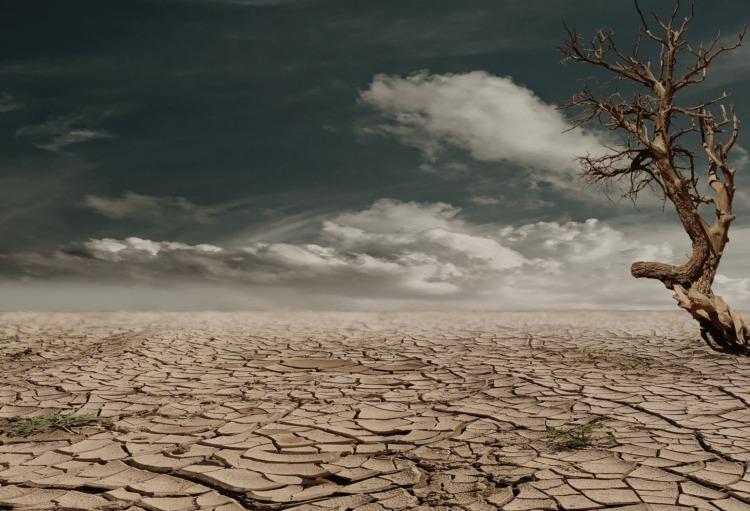Trending
- State of journalism survey 2024 shows media houses are lagging in AI adoption
- Forum sets the stage to unleash global potential for startups during AIM Congress 2024
- Consumer Expenditure in Kenya on a Six-Month High
- Kenya Ports Authority Invests $31 Million in State-of-the-Art Cranes for Lamu Port
- Fintechs should develop products that address the exact needs of their customers
- New report exposes alarming rise in remote desktop protocol fraud by cybercriminals
- Kenya’s remittance inflows grow boosting forex reserves
- Africa’s agritech potential crucial for economic growth








 South Africa, like many other countries in the world, still uses coal to power its economy, but now the country wants to become a low carbon economy and a climate-resilient society and to do so, it has announced a major U.S.$8.2 billion deal with Europe and the US.
South Africa, like many other countries in the world, still uses coal to power its economy, but now the country wants to become a low carbon economy and a climate-resilient society and to do so, it has announced a major U.S.$8.2 billion deal with Europe and the US.